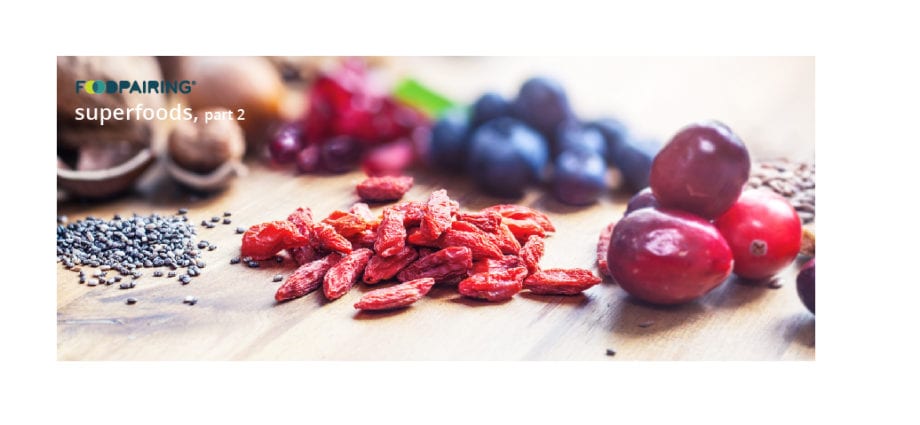I continue to compile my list of superfoods (start here). Superfoods are plant foods that have a high concentration of nutrients. In order to maintain your health in good condition, try to make a choice towards products containing the maximum amount of vitamins, minerals, enzymes and other similar benefits, for example, pay attention to these:
Parsley
I have never been a fan of parsley, or rather always treated it neutrally. In my opinion, her taste is not pronounced, like, for example, cilantro, so its presence or absence in the dish did not bother me much. But having started to be interested in nutritional issues, I learned a lot of new and interesting things about parsley. It turns out that this is a very useful herb that has properties that allow it to fight cancer cells !!!
Wheatgrass, or witgrass
These are young green shoots of wheat. I recently wrote an article on how to grow them. They are rich in fiber, protein, vitamins and minerals. They are usually consumed in two forms: as juice from fresh sprouts or powder from dried sprouts, and as sprouts themselves, which can be added, for example, to a salad. I use both options. Opinions about the benefits of wheatgrass differ significantly: some believe that they are good as a dietary supplement and do not significantly improve the health of the body, others attribute their ability to cure serious diseases. In any case, everyone agrees that they are useful. For those who avoid wheat products due to gluten intolerance, there is no need to be afraid of sprouts – they do not contain wheat gluten.
Algae
Contains a lot of fiber, calcium, iodine, folic acid and magnesium, B vitamins. Promotes the growth of good bacteria in the digestive tract.
Algae are rich in lignans, a group of plant-derived phenolic compounds that are known for their anticancer activity, estrogenic activity and antioxidant properties.
Red cabbage
100 grams of raw red cabbage contains the daily requirement of vitamin C. And also vitamin A, K, B6, B1, B2, calcium, iron, magnesium, potassium, manganese and folic acid. Naturally, cabbage is an excellent source of fiber.
Add finely chopped red or white cabbage to vegetable salads several times a week and you will give your body a great gift. Here is one of the simple recipes for a delicious salad.
Many, in search of reasons not to eat healthy, refer to the fact that healthy foods are more expensive than unhealthy, fast food, frozen, canned, etc. And this is true, because in order to do something of high quality, you need to spend more effort and time, especially in conditions when it is not in mass demand. But if we do the calculations, then let’s count to the end – saving on your health today, sooner or later you will get a bunch of unpleasant consequences, which will be cured (if at all possible) will cost you much more, and not only in monetary terms. Think about health while you still have it!










